Search
Remove Ads
Advertisement
Search Results
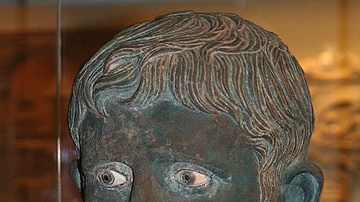
Image
The Meroe Head of Augustus Caesar
The Meroe Head is from a larger-than life statue of Augustus Caesar (reigned 31 BCE-14 CE). It is 47.7 cm, made of bronze with alabaster, glass and coral inlays for the eyes. Discovered at Meroe in 1910 by J. Garstang.
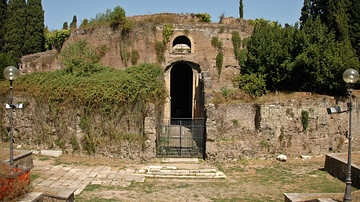
Image
Doorway, Mausoleum of Augustus
The Mausoleum of Roman emperor Augustus in Rome. Completed in 28 BCE and, reaching a height of almost 45 metres and a diameter of 90 metres, it would hold the record as the largest tomb in the Roman world.
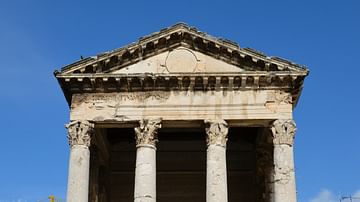
Image
The Temple of Augustus in Pula
The Temple, situated in the Forum, was dedicated to the goddess Roma and Emperor Augustus. It was constructed between 2 BCE and 14 CE, when the emperor died.
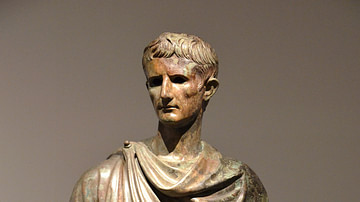
Image
Equestrian statue of Augustus
Bronze torso from an equestrian statue of Augustus dating from the end of the 1st century BCE. The statue was found in the sea between Euboia and Agios Eustratios. (National Archaeological Museum of Athens)
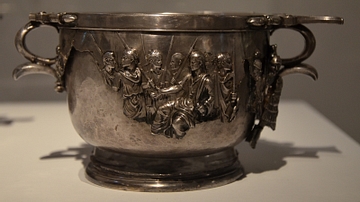
Image
Skyphos Boscoreale with Augustus
Skyphos (two-handled wine cup) from the Boscoreale Treasure depicting Augustus receiving the obeisance of vanquished Barbarians and personifications of subdued provinces. Late 1st century BCE - early 1st century CE. (Louvre Museum, Paris)
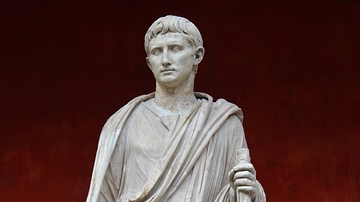
Image
Statue of Augustus
A statue of Augustus depicted as magistrate. (Ny Carlsberg Glyptotek, Copenhagen)
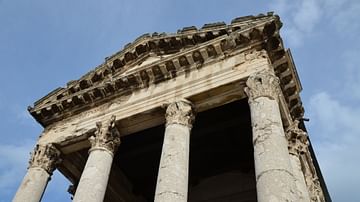
Image
Temple of Augustus in Pula
The Temple, situated in the Forum, was dedicated to the goddess Roma and the Emperor Augustus. It was constructed between the year 2 BCE and 14 CE. The frieze of floral motives on the architrave is continued around the temple. On its frontal...
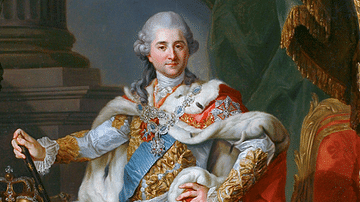
Image
Stanislaus II Augustus of Poland in Coronation Robes
Portrait of Stanislaus Augustus Poniatowski, the last King of Poland, in his coronation robes, oil on canvas by Marcello Bacciarelli, 1764.
Royal Castle of Warsaw.
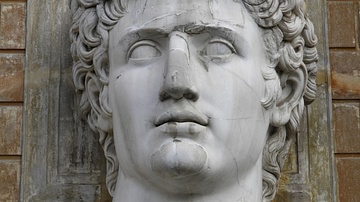
Image
Colossal portrait of Augustus
Colossal portrait of Augustus, 1st century CE. (Vatican Museums, Rome)
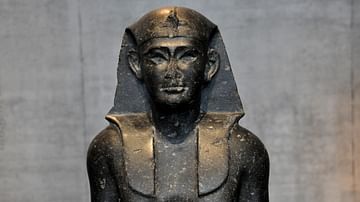
Image
Egyptianized Statue of Augustus
Granodiorite statue which depicts the upper part of a body of an Egyptianized king. The man is probably Roman emperor Augustus. From modern-day Egypt. Roman period, 1st century CE. (State Museum of Egyptian Art, Munich, Germany).